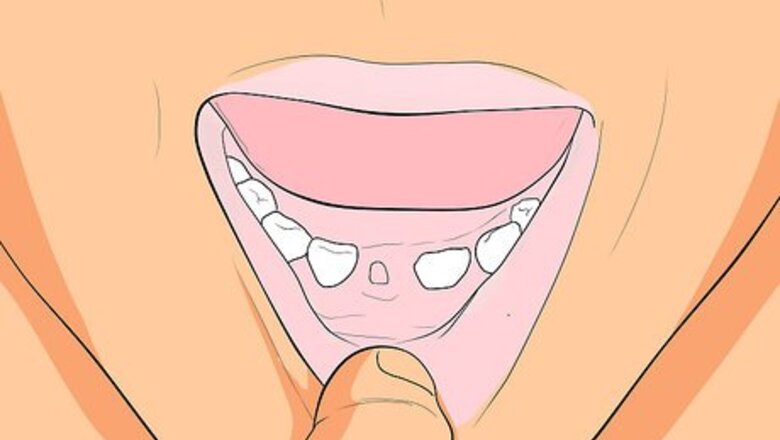
views
Assessing Milestones for 6- to 7-year olds
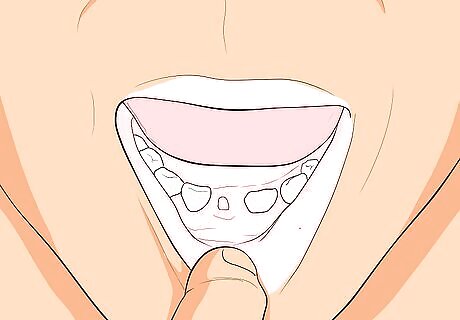
See them lose their first tooth. A child's full set of baby teeth have usually formed by age 3. As your child gets older, one of the big milestones is to see them lose their baby teeth, and start to form adult teeth. Some kids lose their first tooth as early as 4, or as late as 7. But most kids start to lose their teeth around age 6 or 7. Usually the lower center baby teeth are the first to develop, so then those are usually the first to go. Kids often get excited about losing their first tooth, as a sign they're getting bigger, or as a sign that they'll have a visit from the tooth fairy.
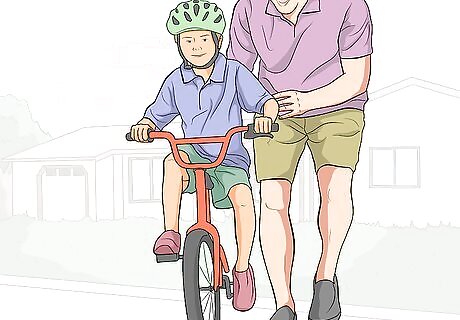
Train them to ride a bike. Kids before the age of 5 may have difficulty with balance and coordination. Training them to ride around age 6 or 7 may be more beneficial when their motor skills have improved. Make sure that safety is a number one priority when training. Kids needs helmet and safety gear as they are more likely to fall or have spills when first learning. Training wheels help kids develop balance, coordination, and good posture. The process of raising the training wheels gradually will help kids gain competence and confidence.
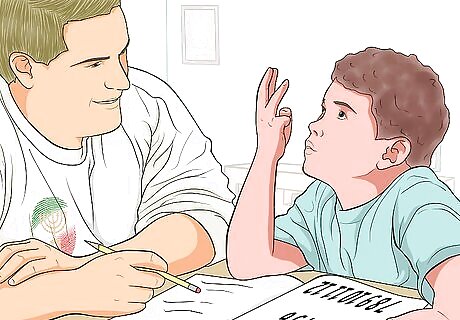
Teach them about numbers and time. Children begin to understand the concepts of time and numbers around this age. They can understand what time of day it is through telling time. Typically: Kids are able to repeat three numbers backwards. They know what is daytime and nighttime. They begin to feel more confident with addition and subtraction.
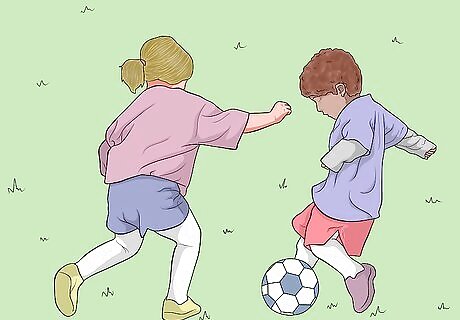
Engage them in group activities like sports. Kids become more skillful in group settings around this time, as they are more coordinated and able to follow directions much of the time. These activities can also build self-confidence as they learn to do more things on their own. Focus less on the competitive aspects of sports or group activities. Make the activities a way to learn about cooperation and perseverance. Find activities that help to boost your child's skills and coordination. Have them join a soccer team, dance class, or other social club.
Seeing Big Kid Changes in 8- to 9 year olds
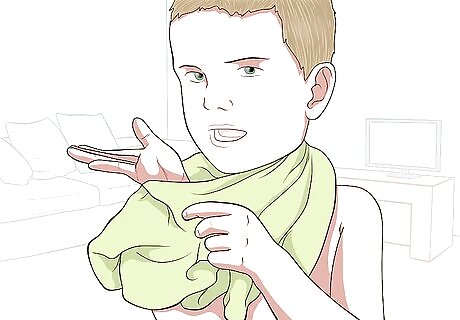
See them dress and groom themselves independently. As parent, it may have been time consuming to help your child get dressed every day. See them do more and more on their own, as they dress and groom themselves. You won't need to tie their shoes much anymore. They will be able to understand all the parts of their outfit to get dressed. Make sure to enforce structure with reminders of what they need to do and bring with them to school. For example, if it's cold or rainy, remind them to bring a coat or boots.
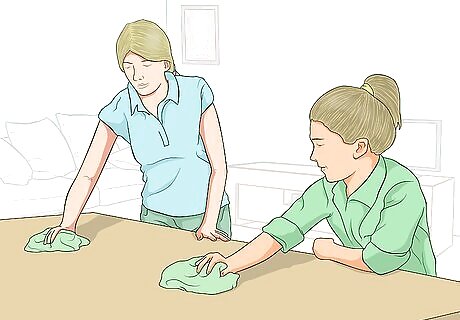
Teach them to do some household chores. While they're not ready yet to be mowing the lawn or pushing a heavy vacuum cleaner, they can begin to do more around the house. Give them small tasks that are doable for their size and skills. Kids often like to be helpful around this age. They may be more interested in organizing their toys, and learning how to be tidy. Teach them ways to be more independent such as fixing their own breakfast. Give them small chores like sorting laundry, putting their dishes in a dishwasher, or putting some groceries away.
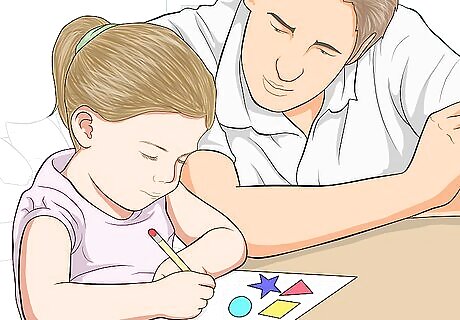
Notice their logical and creative sides blossom. Kids around this age have a greater understanding of the concepts they started to learn early on. Math, reading, and language are stronger concepts for them now. They also have an increasing creative side. Reading on their own for fun becomes more common. Concepts of space and collecting objects become more interesting. Kids also find increasing enjoyment in creating art, drawing, painting, and doing crafts.
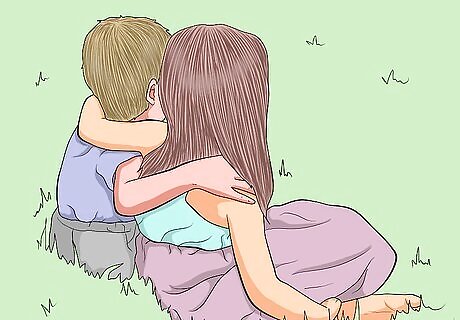
See them develop more friendships with the opposite gender. Around this age, children become more interested in interactions with the opposite gender, even if they don't admit it. Children begin to notice differences in boys and girls. Friendships between in the opposite genders shows openness and curiosity about others. These friendships are generally platonic, but the concepts of romantic relationships may begin to be understood.
Tracking Milestones at 10-to 12-year olds
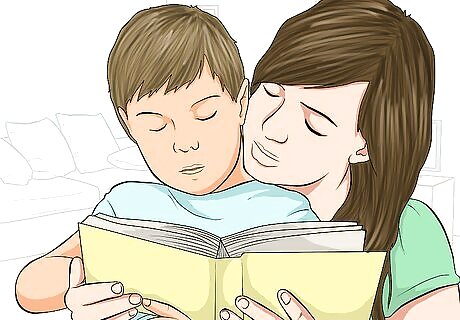
Notice their more advanced vocabulary and abstract thinking. Your child begins to understand concepts outside of their own personal experiences. They develop a larger and more robust vocabulary which helps to better engage with adults and their peers. By age 10, most children have developed a 2,000 word vocabulary. Abstract thinking and reasoning begin to develop, but they will revert at times to concrete thought or absolutes at times. Cognitively, they are forming a great sense of the world beyond themselves.
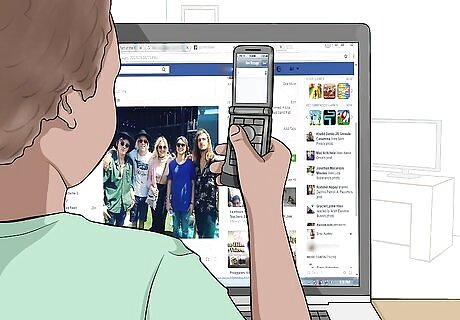
Find them using the telephone, computers, and social media more. While your little one may have already become familiar with technology many years earlier, at this age they are more savvy with computers and phones. They may crave the ability to use computers, technology, or phones on their own. They want to act like other adults using technology. They may have already developed skills to use social media, or are increasingly interested in learning those skills. Just make sure to monitor the amount and type of use of technology they use, and to make sure they are safe when online. They have grown accustomed to using the phone at this point.
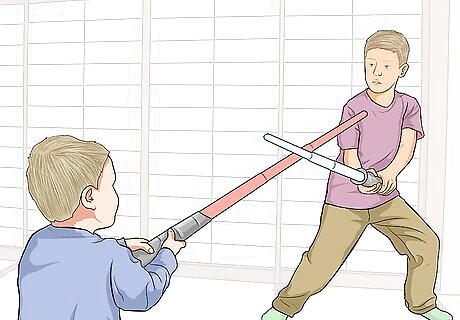
See how close friendships become more important. Having friends and feeling accepted by their peers becomes more prevalent around this age. Kids enjoy talking with others, and learning more from other people. Your child may have or want to have a best friend around this age. Children increasingly want to spend more and more time with their friends than before.
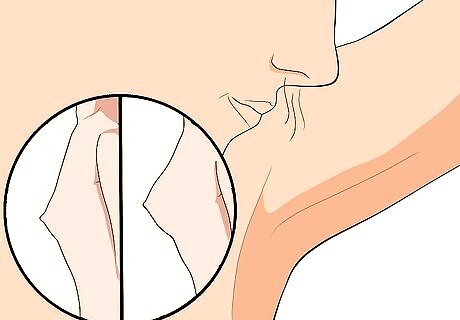
Consider physical changes that may develop as they enter puberty. There may be evidence of physical and hormonal changes in kids around this age. They may start to develop body proportions that are similar to adults. They may also start to feel less secure about their body. Voice changes, particularly in boys, may be noticeable. Both genders may show signs of sexual development. Changes in hormones may also lead to increased body odor.














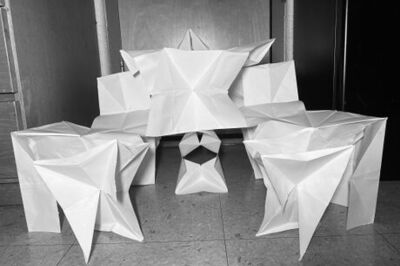

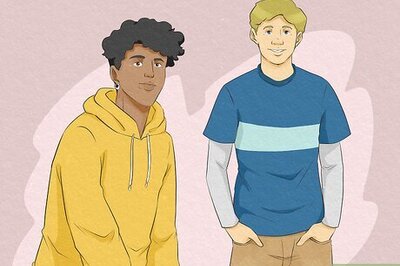
Comments
0 comment